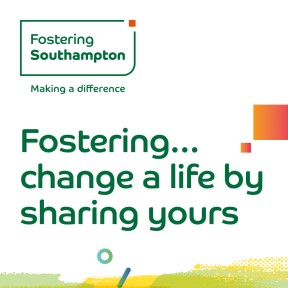HIPS unborn/newborn baby protocol
The Hampshire, Isle of Wight, Portsmouth and Southampton (HIPS) Unborn/ Newborn Baby Safeguarding Protocol has been in place since 2011.
The protocol responds to the recommendation in The National Service Framework for Children Young People and Maternity Services (2004) that Maternity Services and Children's Social Care (CSC) have joint working arrangements in place to respond to concerns about the welfare of an unborn baby and his/her future, due to the impact of parents' needs and circumstances.
The unborn/new born baby protocol was reviewed in 2021 and a number of tools were either revised or developed to support practitioners. These can be found on the HIPS website.
Why is it important?
This multi-agency protocol sets out how to respond to concerns for unborn babies. There is an emphasis on regular and clear communications between professionals working with the person who has given birth to the baby and their family where risk is identified.
Unlike many safeguarding situations, the antenatal period gives a window of opportunity before the baby arrives for practitioners and families to work together to:
- Form relationships
- To identify protective factors as well as risk and vulnerabilities
- To agree a multi-agency safety planning for the unborn/newborn baby
This protocol applies across Hampshire Isle of Wight, Portsmouth and Southampton.
How do we do it?
Health Care Staff (Midwifes, Health Visitors, Family Nurses and primary care/GPs) have a role to identify pregnant women where there are existing risk factors that may impact upon the wellbeing of their unborn/ newborn baby.
Health's role within this protocol is to share information, risk assessment and planning with key agencies for the pregnancy and the immediate post-natal period. Health will make a referral to the relevant Multi-Agency Safeguarding Hub (MASH) about unborn babies who may need services when the mother is 12/40 weeks gestation (or as soon as concerns have been identified).


